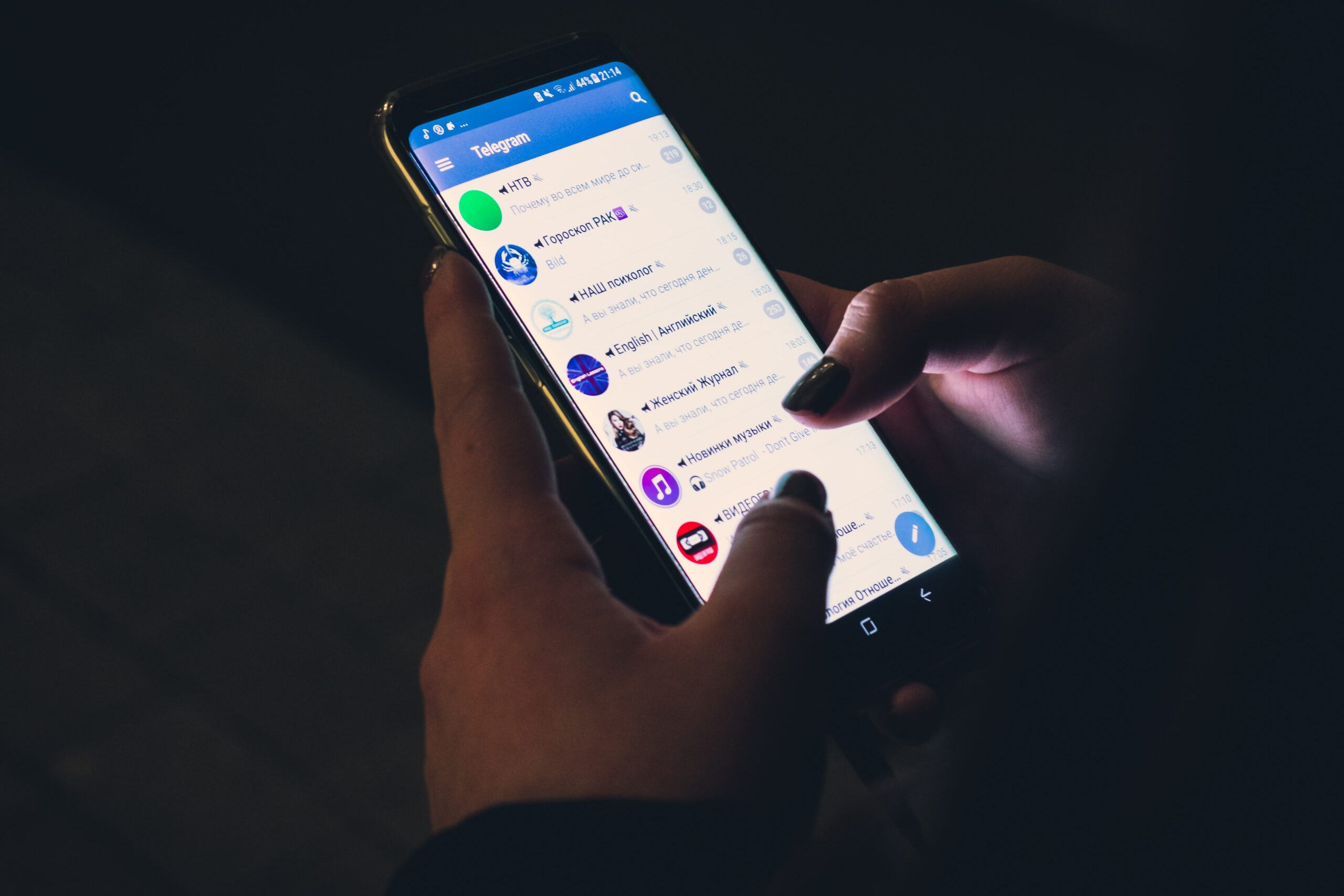
Following the August 30 ruling that stated Indian courts could order a messaging app to reveal infringers’ information, Telegram made names of admins, their cellphone numbers, and IP addresses of the channels public (1). These channels are accused of sharing study materials for various competitive exams created by Campus Private Limited and its instructor Neetu Singh without authorization.
The names of the administrators, the phone numbers, and the IP addresses of some of the channels that are accessible through Telegram have been provided, according to Justice Prathiba M. Singh’s ruling of November 24.
“With the express instruction that neither the Plaintiffs nor their counsel shall reveal the aforementioned data to any third party, except for the purposes of the current proceedings, let a copy of the said data be delivered to lead Counsel for Plaintiffs. In order to achieve this, disclosure to governmental authorities or the police is permitted, “The court stated.
The court ordered the Registry to keep the data in a sealed cover and took Telegram’s affidavit and the chart carrying the data into consideration.
“On February 14, 2023, a case management list will be presented to the court. This will not be considered a partially heard topic. The subject will be brought before the Roster Bench “In the order, the court stated.
After Delhi High Court Ruling, Telegram Discloses Names, Phone Numbers & IP Addresses Of Users Accused Of Sharing Infringing Material https://t.co/4P9P6UKQtI
— Live Law (@LiveLawIndia) November 29, 2022
On August 30, the court rejected Telegram’s contention that it was forbidden by Singaporean law from disclosing information about the channel creators or subscribers since the information was held on the company’s data servers there.
The court had highlighted that despite Telegram’s shutdown of channels that were spreading illegal content, users were still setting up new channels and using private mode.
“Thus, notwithstanding the injunction ruling, the Plaintiffs’ works have been distributed without any restrictions, and the infringers are acting using wholly fictitious identities. Repeated channel blocking is not working well enough,” it had noted.
Justice Singh wrote in his decision that both civil and criminal Indian courts would always have jurisdiction to deal with the issue of copyrighted material being spread via such devices. Justice Singh added that the offender could not avoid legal penalties just because the im service’s server is situated in another country.
“Courts in India would have every right to require Telegram, which has sizable operations there, to abide with Indian law and follow court orders requiring the disclosure of pertinent information about infringers. Telegram’s regulations do not empower infringers to seek refuge just because Singapore is where its physical server is located “In the decision, the court stated.
Significance of the Ruling
In cases where copyright infringement is alleged, litigants frequently reference the Neetu Singh versus Telegram judgment as a precedent in order to demand the disclosure of user information from encrypted apps.
In his ruling, Justice Navin Chawla noted the argument that the dispute over Telegram’s revelation of users’ identities is no longer res Integra because it was resolved in Neetu Singh and Others v. Telegram and Others by a co-ordinate bench.
In a recent request for the suppression of “defamatory content” directed at it on social media and the video-sharing website Youtube, Amul again highlighted Justice Singh’s decision.
- SEO Powered Content & PR Distribution. Get Amplified Today.
- Platoblockchain. Web3 Metaverse Intelligence. Knowledge Amplified. Access Here.
- Source: https://timesnext.com/telegram-ordered-by-court-to-share-data-of-offenders/
- a
- About
- accessible
- According
- accused
- Achieve
- added
- addresses
- administrators
- alleged
- always
- and
- Another
- app
- apps
- argument
- AUGUST
- Authorities
- authorization
- because
- before
- being
- blocking
- brought
- Campus
- carrying
- case
- cases
- Channel
- channels
- Chart
- company
- competitive
- consideration
- considered
- content
- copyright
- copyright infringement
- could
- counsel
- country
- Court
- Courts
- cover
- created
- creators
- Criminal
- Current
- data
- deal
- decision
- Delhi
- delivered
- Demand
- Despite
- Devices
- Discloses
- Disclosing
- disclosure
- Dispute
- distributed
- empower
- encrypted
- enough
- Ether (ETH)
- Except
- express
- follow
- frequently
- from
- governmental
- heard
- Held
- High
- Highlighted
- HTTPS
- identities
- Illegal
- in
- india
- Indian
- information
- infringement
- IP
- IP addresses
- issue
- IT
- jurisdiction
- Justice
- Keep
- Law
- lead
- Legal
- Limited
- List
- live
- located
- longer
- made
- management
- material
- materials
- Media
- messaging
- Messaging App
- Mode
- names
- Neither
- New
- noted
- November
- numbers
- Operations
- order
- orders
- Others
- party
- phone
- physical
- plato
- Plato Data Intelligence
- PlatoData
- Police
- Precedent
- presented
- private
- Proceedings
- provided
- public
- purposes
- recent
- registry
- regulations
- repeated
- request
- require
- resolved
- restrictions
- reveal
- roster
- ruling
- Said
- Seek
- service
- setting
- Share
- sharing
- shutdown
- since
- Singapore
- Singaporean
- sizable
- Social
- social media
- some
- spread
- Spreading
- stated
- Still
- Study
- subject
- subscribers
- such
- suppression
- Telegram
- The
- the information
- their
- Third
- Through
- to
- topic
- Unsplash
- User
- users
- various
- Versus
- via
- Website
- which
- wholly
- will
- without
- working
- works
- would
- youtube
- zephyrnet











